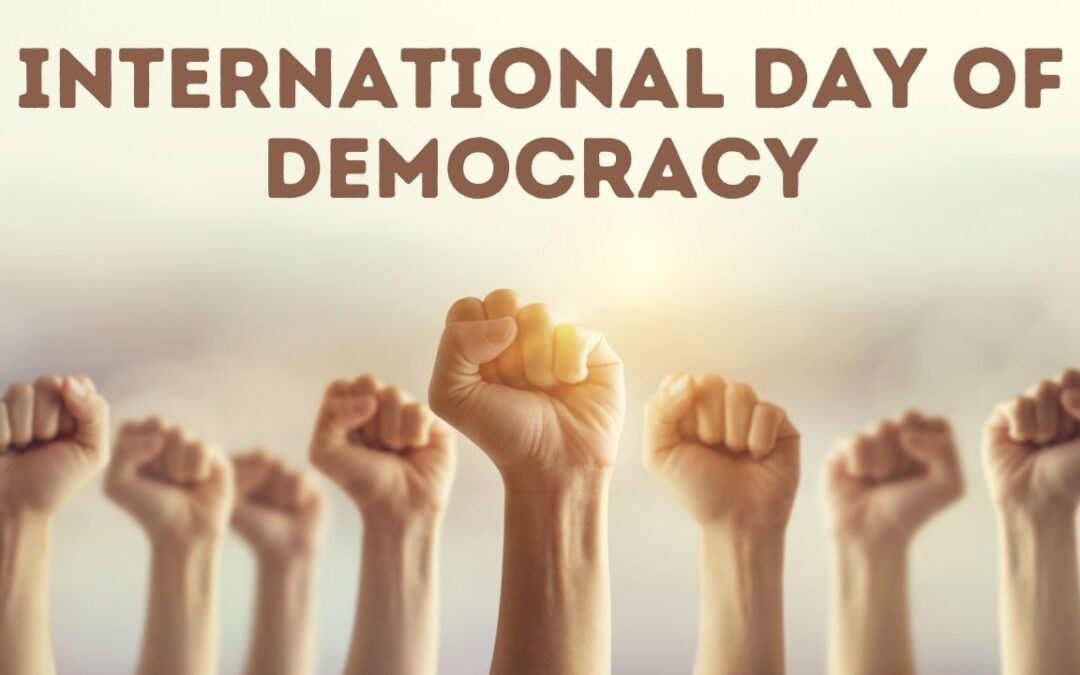Ramallah: SHAMS Center called for the necessity of holding legislative and presidential elections as the center stated that any Palestinian factions and citizens have the right not to participate in the elections at their various levels based on their political will and internal decisions. However, the Central Elections Committee accepted them, from opening the registration and all procedures of the electoral process stages are considered as a form of assault, coercion, and even a violation of Article 2 of the Palestinian Basic Law.
The previously mentioned law affirmed that “people are the source of powers and they exercise them through the legislative, executive and judicial authorities on the basis of the principle of separation of powers over the face set forth in this Basic Law”.
Also, there is a clear violation of Article (26) of the same law, which stipulates that “Palestinians have the right to participate in political life, both individuals and groups”, and in particular they have the following rights:
The Center called not to appoint committees to manage local bodies since forming committees to manage municipalities, without holding elections falls within the framework of exclusivity, control, and confiscation of the will of citizens, and their right to choose their representatives through direct and secret elections.
This enforced formation will have repercussions on the overall services provided by these bodies to citizens in the Gaza Strip, and on the quality and nature of those services, and the accompanying transparency and integrity in the provision of those services. It is also a unilateral way which will weaken the role of male and female citizens, especially in terms of societal accountability and the values of citizenship.
SHAMS Center stated that the obstacles to the process of democratic transformation in Palestine are many and varied including the Israeli occupation, the Palestinian division, the problematic relationship and the overlap between the PLO and the Palestinian National Authority, the absence of political will, the weakness of political pluralism, the modernity of the democratic experiment, and the disruption and the dissolution of the Palestinian Legislative Council.
Also, other obstacles include the failure to hold legislative, presidential and municipal elections on their constitutional and legal dates, lack of balance in the distribution of powers between authorities in the Palestinian political system, and lack of clarity in the distribution of powers and the weakness and fragility of democratic forces, the violation of rights and freedoms.
Furthermore, they include having greater effectiveness and more societal presence of conservative forces, the ineffectiveness of community institutions as required, the absence of a greater role and effectiveness for universities, academics and intellectuals, interference by the executive authority in other authorities, the form and nature of the social structure of Palestinian society, and the confused political thought.
The center explained that there is an important and rich debate that is being renewed today in intellectual and academic circles about the conditions for the transition towards democracy. Mechanisms and phenomena such as periodic elections, the rotation of power, partisan and political pluralism, and an active presence of society, besides the rule of law and the stability of state institutions.
Finally, there are other legal, political and institutional factors that are also referred to as preconditions for the transition towards democracy, such as loyalty to the homeland and not to the political party, and the lack of concentration of power in the hands of a group and the lack of tyranny of authority over other authorities, in addition to equal opportunities, and the development of major facilities such as education, health and civil services.
End

